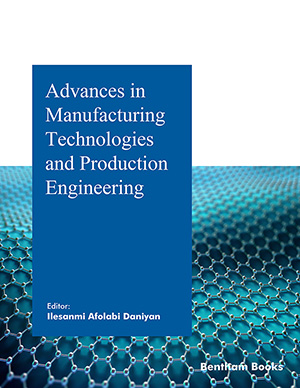Abstract
Background: There is a shortage of rehabilitation doctors and treatment equipment for patients with lumbar spondylosis. Therefore, a waist massage instrument (WMI) is designed to help patients alleviate lumbar pain.
Objective: The objective of this study is to design a new WMI with the advantages of simple structure, lightweight, and function of effective force control, and to verify its function of palmar push, palmar press, and palmar vibration based on the on-off control, PID control, and fuzzy-PID control.
Methods: Firstly, the movement characteristics of the Chinese massage manipulation are analyzed to clarify the design principle of the massage instrument. Then, a new WMI composed of massage head, vibration exciter, and actuator is designed to simulate the three massage manipulations. Next, the electric control system and control methods of on-off, PID, and fuzzy-PID controllers are introduced to realize the force control of WMI. Finally, the force control experiments of WMI are carried out to verify the function of the palmar press, palmar push, and palmar vibration based on the on-off control, PID control, and fuzzy-PID control, respectively.
Results: The experimental results indicate that the proposed WMI can implement the massage manipulations of palmar push, palmar press, and palmar vibration well, and has good force control ability after using fuzzy-PID control.
Conclusion: The newly designed WMI is effective in providing palmar push, palmar press, and palmar vibration massage manipulations for patients with lumbar spondylosis, and the fuzzy-PID controller improves the force control ability of the instrument. The WMI has the potential to be used as an effective treatment for lumbar pain.
[http://dx.doi.org/10.1136/bmjopen-2018-028743] [PMID: 31375617]
[http://dx.doi.org/10.2174/2212797610666170127171713]
[http://dx.doi.org/10.1108/01439911311297775]
[http://dx.doi.org/10.4028/www.scientific.net/KEM.464.123]
[http://dx.doi.org/10.1177/1729881418786631]
[http://dx.doi.org/10.1109/ACCESS.2019.2939502]
[http://dx.doi.org/10.1017/S0263574714000228]
[http://dx.doi.org/10.3901/JME.2018.13.126]
[http://dx.doi.org/10.1109/TMECH.2019.2917294]
[http://dx.doi.org/10.1007/s11771-016-3326-3]
[http://dx.doi.org/10.1109/AUTEEE48671.2019.9033382]
[http://dx.doi.org/10.1016/j.mechatronics.2021.102640]
[http://dx.doi.org/10.3233/THC-209010] [PMID: 32333567]
[http://dx.doi.org/10.1016/S1672-6529(13)60228-0]


















